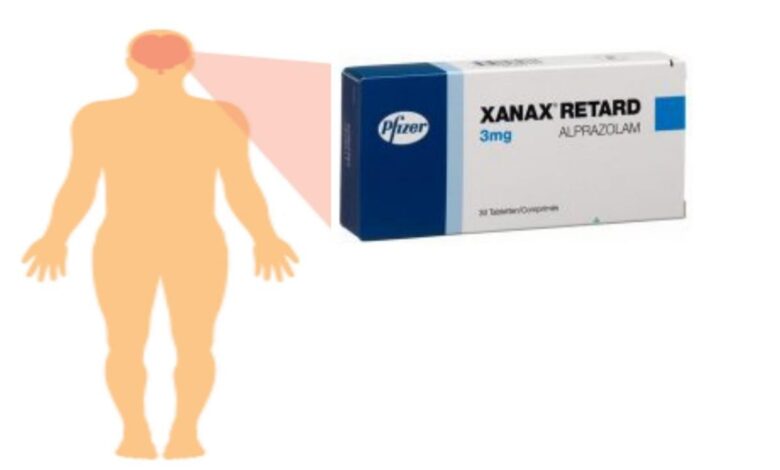What Does 3mg Of Xanax (Alprazolam) Feel Like?

What Xanax is 3 mg?
Pfizer U.S. Pharmaceuticals Group 3 mg Xanax XR is a Three-sided pill with the imprint X 3. Xanax is an antianxiety medication in the benzodiazepine family. Xanax works by decreasing abnormal excitement in the brain. The Food and Drug Administration (FDA) approved it in October 1981. Benzodiazepines act on the brain and central nervous system (CNS) to produce a calming effect.
Xanax slows down the movement of brain chemicals that may have become unbalanced, resulting in a reduction in nervous tension and anxiety. Xanax works by boosting the effects of a natural chemical called gamma-aminobutyric acid, which is made in the brain.
Xanax is the number one prescribed psychiatric medication in the United States. Seventy percent of teens with a Xanax addiction get the drug from their family’s medicine cabinet.
Tolerance to Xanax develops quickly, requiring the user to take more of the drug to achieve the desired effects. Someone with a Xanax addiction may take up to 20 to 30 pills per day. If the user decides to stop taking Xanax, they may experience withdrawal effects, such as anxiety, restlessness, insomnia, and tremors. The onset of withdrawal symptoms is a sign that a physical dependence has developed. The development of tolerance and withdrawal are indications of addiction.
Once a Xanax addiction has taken hold, daily responsibilities, such as school, work or family, are ignored as energy is redirected towards drug seeking behavior.
What Does 3mg Of Xanax Feel Like?
Xanax 3mg is popular not only among people with a legitimate prescription, but for recreational users in search of a quick high. Within minutes, Xanax 3mg calms the nerves and soothes tension by stimulating the receptor cells in the brain that bind with the neurotransmitter GABA. GABA is a chemical produced naturally by the body, which slows down the activity of the brain and nerves. Many people who take 3 mg Xanax recreationally, or without a prescription, describe the feeling as sedating or calming.
Unlike some drugs, such as cocaine, that produce a “high” or euphoric feeling, Xanax users describe feeling more relaxed, quiet, and tired. These feelings may lead to falling asleep or passing out for a few hours.
Some people have also reported memory loss or blacking out and not remembering what happened for several hours. Higher doses will have stronger effects.
Warnings
To ensure the safe and effective use of benzodiazepines, doctors will provide the following guidance to anyone with a Xanax prescription:
• People should inform their doctor about any alcohol consumption and any medications they are currently taking, including over-the-counter (OTC) medications. People generally should not consume alcohol while taking benzodiazepines.
• Doctors do not recommend Xanax for use in pregnancy. A person should inform their doctor if they are pregnant, are planning to have a child, or become pregnant while they are taking this medication.
• People should inform their doctor if they are breastfeeding.
• Until a person experiences how Xanax affects them, they should not drive a car or operate heavy or dangerous machinery.
• People should not increase the dosage of Xanax without speaking with a doctor, even if they think that the medication “does not work anymore.” Benzodiazepines, even if a person uses them as recommended, may produce emotional and physical dependence.
• People should not stop taking Xanax abruptly or decrease the dosage without consulting their doctor, as withdrawal symptoms can occur.
A person should inform their doctor if they have:
• asthma or other breathing problems
• glaucoma
• kidney
• liver diseases
• a history of excessive alcohol use
• a history of depression
• suicidal thoughts
• an addiction to drugs or alcohol
People should not take Xanax if they:
• have narrow-angle glaucoma
• are also taking itraconazole (Sporanox) or ketoconazole (Nizoral)
• are allergic to Xanax or other benzodiazepines, such as:
o chlordiazepoxide (Librium)
o clorazepate (Tranxene)
o diazepam (Valium)
o lorazepam (Ativan)
o oxazepam (Serax)





